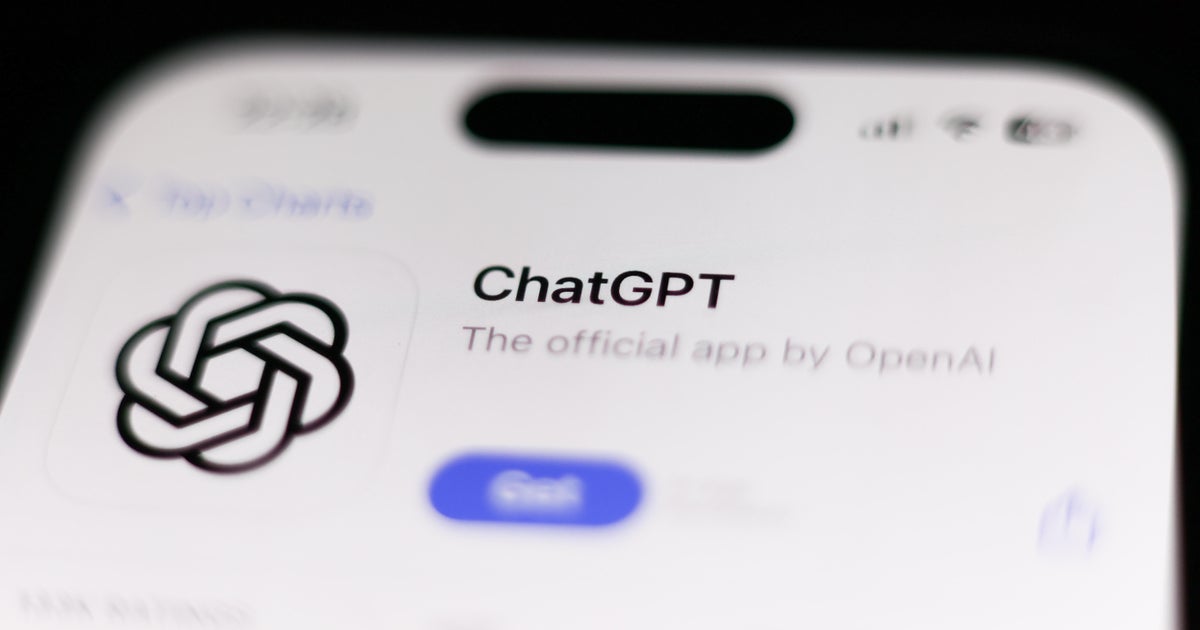What New Safety Measures is OpenAI Implementing for ChatGPT Users Under 18?

Published: 2025-09-16 21:46:17 | Category: World-Economy
OpenAI has recently announced the implementation of an age-appropriate version of its ChatGPT technology for users under 18, aiming to enhance safety and address concerns in light of recent scrutiny. This version includes safeguards such as content moderation to block inappropriate material and introduces parental controls to help families manage their teen’s interactions with the chatbot.
Last updated: 20 October 2023 (BST)
Key Takeaways
- OpenAI is launching an age-appropriate version of ChatGPT for users under 18.
- New features include content moderation and parental controls.
- The changes come amid increased scrutiny and a recent FTC investigation into AI chatbots.
- OpenAI aims to ensure safety for young users following concerns about potential risks.
- Similar measures are being adopted by other tech companies to protect minors online.
Understanding the New Age-Appropriate ChatGPT
The introduction of an age-appropriate version of ChatGPT signifies OpenAI's commitment to safeguarding younger users. This initiative is a response to growing concerns about the effects of AI technology on children and teenagers. By directing users identified as under 18 to a version governed by strict content guidelines, OpenAI aims to create a safer online environment.
What Changes Can Users Expect?
The age-appropriate version of ChatGPT will implement several key features:
- Content Filtering: The chatbot will block sexual content and any material deemed inappropriate for minors.
- Emergency Protocols: In cases of acute distress, there are provisions for law enforcement to be contacted to ensure the user's safety.
- Parental Controls: Parents will have the ability to link their accounts, manage chat histories, and set restrictions on usage times.
The Importance of Safeguards in AI Technology
As AI technologies like ChatGPT become more integrated into everyday life, the potential risks associated with their use, especially among youth, are receiving heightened attention. The Federal Trade Commission (FTC) has initiated an investigation into the implications of AI chatbots for children and teenagers. This scrutiny is largely fueled by concerns over how these tools may influence mental health and wellbeing.
The Tragic Case That Prompted Action
In April, the tragic death of 16-year-old Adam Raine, who reportedly interacted with ChatGPT before his suicide, raised alarms regarding the chatbot's potential impact on vulnerable users. Following this incident, Raine's family filed a lawsuit against OpenAI, alleging that the chatbot contributed to their son’s death. This incident has amplified calls for stricter regulations and safety measures in AI technologies.
How Will Age Identification Work?
OpenAI has yet to clarify how it will verify users' ages. However, the company has indicated that if there is uncertainty about a user's age, the system will default to the under-18 version. This cautious approach aims to ensure that even users whose age is ambiguous will be safeguarded from inappropriate content.
Comparing Approaches Across Tech Companies
OpenAI is not alone in its efforts to protect younger users from inappropriate content. Other tech companies, such as YouTube, are also implementing measures to improve user safety:
- YouTube's age-estimation technology tracks viewing habits and account age to determine if users may be under 18.
- Facebook has introduced features to limit the exposure of minors to risky content.
- Snapchat has implemented parental controls to monitor and limit interactions on their platform.
What’s Next for OpenAI and ChatGPT?
OpenAI's new safeguards will roll out by the end of September 2023. As the tech landscape evolves, the company is likely to continue adapting its policies and technologies to enhance user safety, especially for minors. The ongoing FTC investigation will undoubtedly shape future developments in AI safety regulations.
The Role of Parents in Safeguarding Young Users
Parental controls are a crucial component of the new ChatGPT offering. By allowing parents to link their accounts to their teenagers', OpenAI is fostering a collaborative approach to technology use. This enables parents to actively participate in monitoring their children's interactions with AI, ensuring a more informed and safer experience.
Conclusion: A Call for Ongoing Vigilance
As OpenAI and other tech companies work to provide safer environments for young users, it remains essential for parents and guardians to stay informed and engaged. The evolving landscape of AI presents both opportunities and risks. Continuous dialogue about the role of technology in the lives of young people is critical to ensuring that it serves as a constructive tool rather than a harmful influence.
What do you think the future holds for AI safety measures? How can we further protect vulnerable users in digital spaces? #AI #ChatGPT #YouthSafety
FAQs
What features are included in the age-appropriate version of ChatGPT?
The age-appropriate version of ChatGPT includes content filtering to block inappropriate material, emergency protocols for distress situations, and parental controls for account management.
Why was the age-appropriate version introduced?
The version was introduced in response to growing concerns about the impact of AI on young people, particularly following incidents like the tragic case of Adam Raine.
How will OpenAI determine a user's age?
OpenAI has not detailed its methods for age verification but stated that if age is uncertain, the system will default to the under-18 version.
When will the new features be available?
The new safeguards and features for the age-appropriate version of ChatGPT will be available by the end of September 2023.
What are parental controls in the new ChatGPT?
Parental controls allow parents to link their accounts to their teenagers', manage chat histories, set usage times, and monitor interactions, promoting a safer online experience.
Are other tech companies implementing similar measures?
Yes, other companies like YouTube and Facebook are also introducing safety measures and parental controls to protect minors from inappropriate content online.



